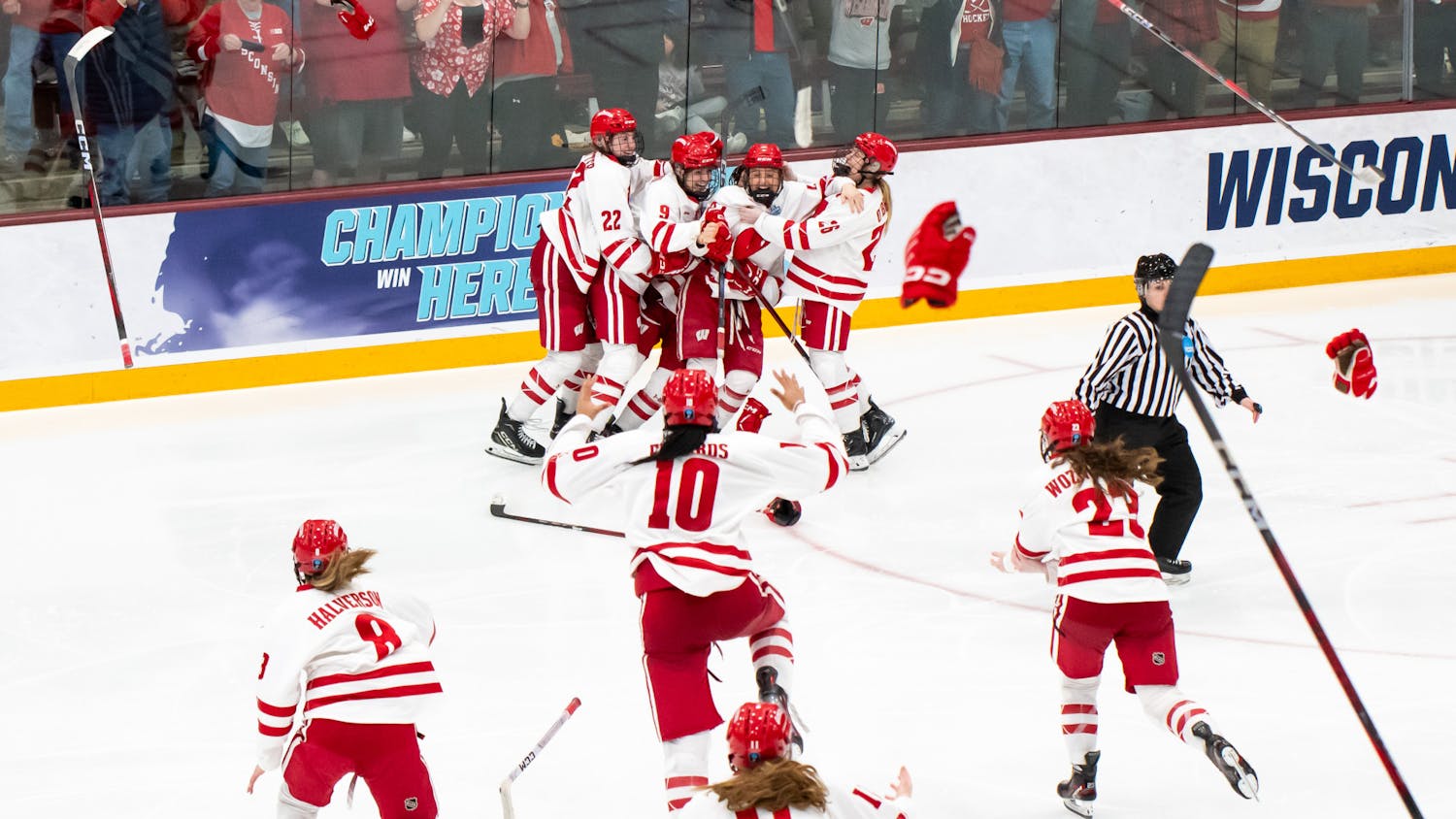During his first term, Gov. Tony Evers vetoed over 120 bills coming from the Republican-controlled Legislature. There wasn’t much legislative consensus between the two parties.
Yet, both Evers and legislative Republicans secured victories in the Nov. 8 elections, leaving Wisconsinites under divided government for the next four years.
Republicans also reelected Assembly Speaker Robin Vos and Senate Majority Leader Devin LeMahieu, each of whom once again lead strong GOP majorities in their respective houses.
In the Wisconsin Assembly, Republicans have a 64-35 majority, leaving a small number of seats to prevent a Republican two-thirds majority that would overrule Evers’ vetoes. The Senate has an even more commanding 22-11 Republican supermajority, illustrating even more control over the last two years.
In other words — Wisconsin’s political leadership is largely the same as in the last four years, where partisan gridlock prevailed. But will that gridlock remain for the next four years?
Lawmakers have mixed reactions.
Evers said in a statement to The Daily Cardinal that he believes the midterm elections were a rejection of “radical, divisive state policies” and looks forward to finding common ground on road improvements, broadband expansion, public safety and public schools funding.
However, his bipartisan attitudes appear to have limits. During an appearance at Madison’s Georgia O’Keefe Middle School on Nov. 9, Evers said he would try to work with Republicans, but added he would “not do things that are simply against our core feelings,” according to the Associated Press.
Republican responses were colder. In a press release, LeMahieu assured his caucus would “continue to work as an effective check on Tony Evers liberal agenda,” which he believed would “take Wisconsin backward.”
With Wisconsin’s state budget cycle on the horizon, Evers and Republicans will need to determine how to handle the state’s $5 billion surplus.
Vos said he would “enact tax cuts,” according to the AP. However, when Evers made a budget proposal in August to invest $600 million of the surplus into tax cuts with a 10% reduction in income taxes for the middle class, Republicans swiftly struck it down.
Democratic Rep. Greta Neubauer, who was reelected Assembly Minority Leader on Thursday, had more faith partisan gridlock will ease during Evers’ next four years.
“Wisconsinites across the state made it clear in the November election that they want action from their elected officials,” Neubauer said in an email. “Democrats are ready and willing to engage with Republicans on the challenges and opportunities facing our state.”
Neubauer also made it clear she wouldn’t back down on Democratic priorities.
“Assembly Democrats are going to work very hard with Governor Evers and our colleagues in the Senate to advance the policies that Wisconsinites are calling for, including getting rid of our undemocratic, gerrymandered maps, restoring comprehensive access to abortion, helping working families make ends meet, and investing in our long term wellbeing,” Neubauer said.
There may be some room for compromise, according to previous statements from Speaker Vos.
Vos told Wisconsin Public Radio on Nov. 10 that he sees room for compromise on school funding if Evers can accommodate private school vouchers.
Also, Vos told WPR that Wisconsin’s 1849 abortion ban — which does not allow for abortions in cases of rape or incest — should be as “clear as it can be” to avoid future court battles.
“I believe in the exceptions for rape and incest,” Vos said.
Yet, Evers previously said he does “not see a way to solve this legislatively,” according to Wisconsin Public Radio. During Evers’ campaign, he stated he would veto any bill granting exceptions, wanting to see the entire ban abolished.
Evers and Attorney General Josh Kaul, who also won reelection on Nov. 8, are currently fighting a lawsuit against Wisconsin’s abortion ban.
“I think it’s going to have to happen in the courts,” Evers added, according to WPR.
In a statement, Neubauer said Democrats “are ready and willing to meet with our Republican colleagues on this issue, but they have thus far refused to even have a conversation with us.”
“Governor Evers has called multiple special sessions to address access to reproductive care, but Legislative Republicans gaveled in and out in seconds,” she added. “We will continue to push back against the GOP’s effort to take away people’s rights and bodily autonomy.”
Ava Menkes is the managing editor at The Daily Cardinal. She previously served as the state news editor. She has covered multiple stories about the upcoming election, healthcare and campus, and written in-depth about rural issues, legislative maps and youth voter turnout. She will be an incoming intern with Wisconsin Watch. Follow her on Twitter at @AvaMenkes.





